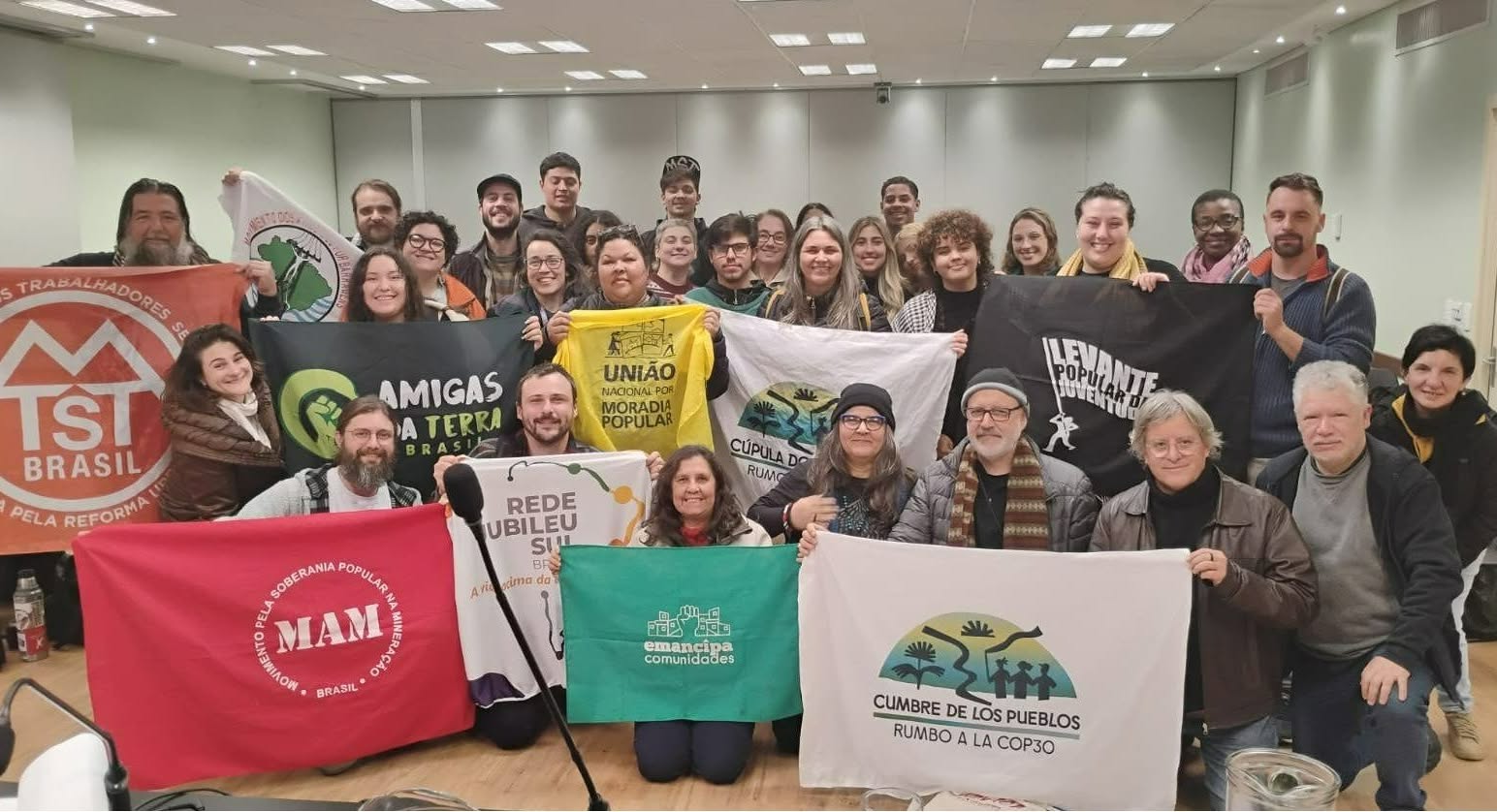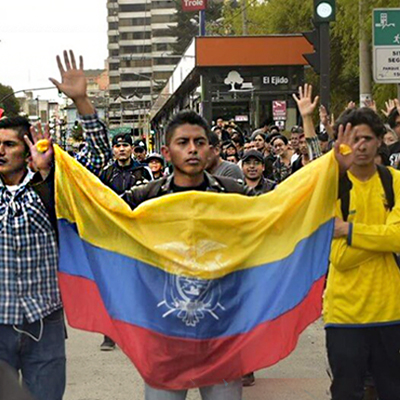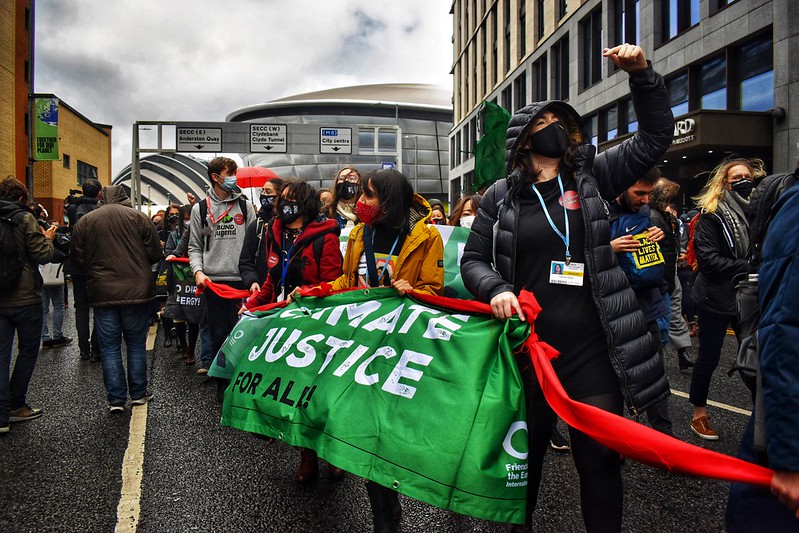The first Conference of the Parties to the UN Convention on Climate Change, signed in 1992 in Rio, Brazil, was held in 1995. Its 30th edition, better known as the COP30, will be held in November this year. It will be a special edition because it will take place in Latin America, the Amazon specifically, and also because social movements are organising an autonomous space: the Peoples’ Summit.
The Peoples’ Summit, just like the COP30, will be held in northern Brazil, in the city of Belém do Pará. The summit will bring together more than 800 organisations, communities, networks and coalitions and more than 15,000 people are expected to participate. Real World Radio interviewed Lucia Ortiz, member of Friends of the Earth Brazil and Friends of the Earth International, an organisation that is part of the local and international coalition that is coordinating the Peoples’ Summit.
Ortiz pointed out that “the latest conferences of the parties were organised in countries with predominantly oil-based economies, without the democratic conditions that we have today in Brazil.” According to the activist, this context broadens the scope for social participation and advocacy work.
This summit is part of a larger process that did not begin today, nor will it end after the COP30. This convergence of movements aims “to exert influence beyond the UN climate change negotiations, to have an impact in a context of climate chaos, wars and genocides from an environmental justice perspective against racism, inequalities, neoliberalism, fascism and imperialism,” said Ortiz.
The Summit will be held at the Federal University of Pará, one of the largest and most important education centres in the Amazon region. There will be six large plenary sessions, a mass mobilisation, and cultural and political activities. The summit is expected to close with a joint declaration summarising the peoples proposals and solutions in contrast to the false solutions that the Climate COP has been promoting for several years and that the movements have not ceased to denounce.
Online and on-site discussions for the building of convergences and proposals are already taking place in the run-up to the large plenary sessions of the Summit and Ortiz told us about its six themes or central axes: 1) Living Territories and Maritime Areas, Grassroots and Food Sovereignty. 2) Historical reparation, combating environmental racism, false solutions and corporate power. 3) A just, people-based and inclusive transition. 4) Against oppression, for democracy and internationalism among peoples. 5) Just cities and living urban peripheries. 6) Grassroots feminism and the resistance of women in the territories.
The Peoples’ Summit will take place from 12 to 16 November. A global march is planned for the 15th and it is expected to be replicated in different parts of the world. Ortiz made reference to the importance of also working on language justice to ensure participation and horizontal exchanges among all people from different territories, countries and regions.
At the intersection of peoples’ struggles, together with a powerful diversity of peoples with common dreams, Real World Radio will be covering this important event in Belém in an internationalist alliance that also includes grassroots communications as a tool for political action. Lucia Ortiz closed the interview by extending an invitation: “Indigenous Peoples, Afro-descendants, women, the working class, peasants, children and youth, a diversity of environmental and climate justice networks and organisations, urban movements, ecumenical movements (…) all organised people are welcome where the waters meet in the Amazon. When waters come together, they grow, just as we want mobilisation and peoples’ power to grow for system change.”






